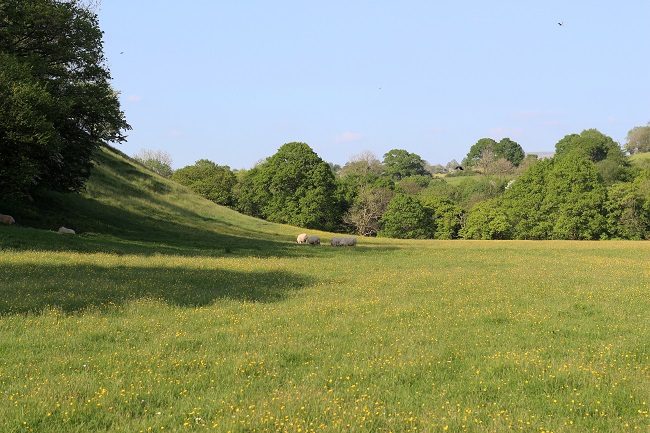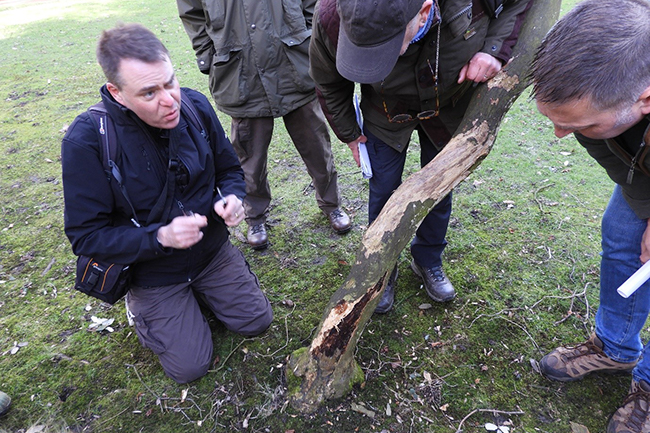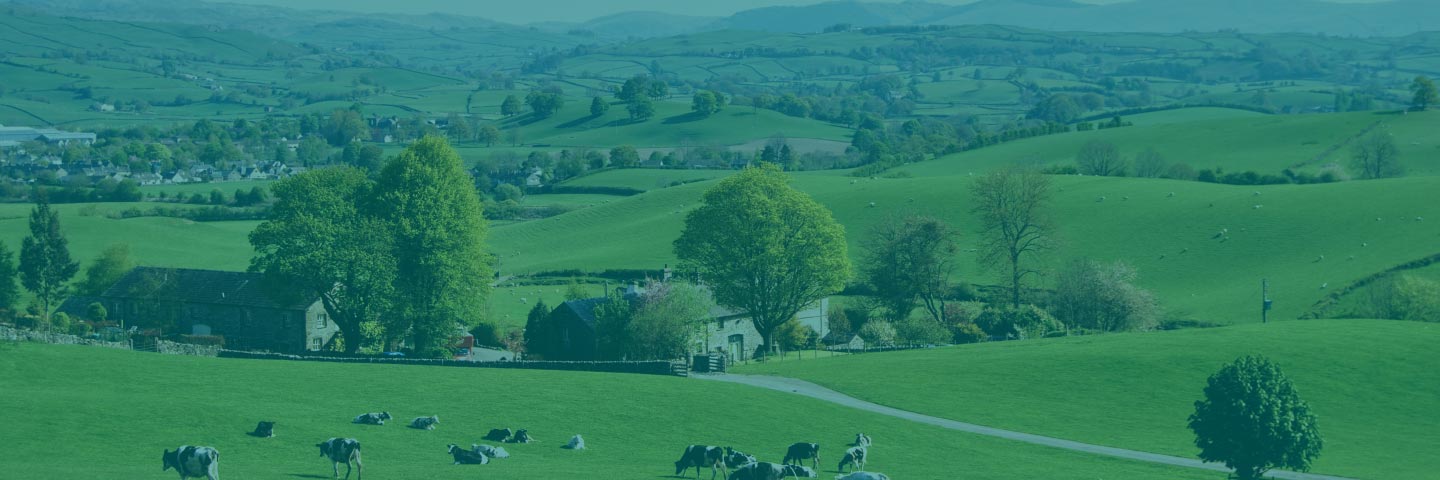Observatree was launched in spring 2014, with the aim to train volunteers to help protect the UK’s trees, woods and forests from harmful pests and diseases, both existing and new. So far, over 200 volunteers have been trained by the collaboration led by Forest Research, supported by the Woodland Trust, Forestry Commission England, Defra, Fera Science Ltd, the Animal & Plant Health Agency, the National Trust, Natural Resources Wales and Forestry Commission Scotland. The project was initially EU funded, but in 2017 Observatree II was launched to continue the work for a further three years as the first phase had been so successful. As part of this, 11 of the 21 priority pests and diseases species have been spotted by the volunteers in the UK. A small group of the volunteers also verify cases of tree disease recorded via the Forestry Commission’s Tree Alert², an online reporting tool which allows anyone to report trees showing signs of ill-health.


Chief Plant Health Officer, Professor Nicola Spence, said
“Protecting our trees from the threat of pests and diseases is vitally important to us all, and this project is an excellent example of volunteers, NGOs and government working together to achieve more than we could alone".Dr Joan Webber, Principal Pathologist at Forest Research , added:
“Observatree’s network of trained volunteers gives Forest Research’s scientists many more eyes on the lookout for new threats to tree health. They provide quality reports that let our experts focus on the most urgent cases.”By focusing on pests and diseases which are of highest concern, the volunteers support Government agencies such as Forest Research, Forestry Commission and the Plant Health and Seeds Inspectorate, enabling them to take appropriate action at locations of significance identified by the volunteers and tree health professionals, as quickly as possible. Two volunteer roles were created: the Tree Health Surveyors help spot the presence of specific pests and diseases on common tree species, and the Tree Health Triage Verifiers collect additional information for tree disease records submitted through Tree Alert by the public and Tree Health Surveyors.
Plant health scientists at Fera have been responsible for helping to train, mentor and coach the volunteers as they learn new surveillance and reporting skills. Fera has also led the development of e-Learning materials to support the volunteers in their work which are freely available on the projects website.

A volunteer in Hertfordshire successfully identified only the second case of Oriental Chestnut Gall Wasp in the country and another in Wales recorded over 20 new cases of ash dieback. The project has also been recognised for its work by Horticulture Week and Defra’s own ‘Data Pioneer’ award.
For more information about the project or to make use of its resources visit www.observatree.org.uk




